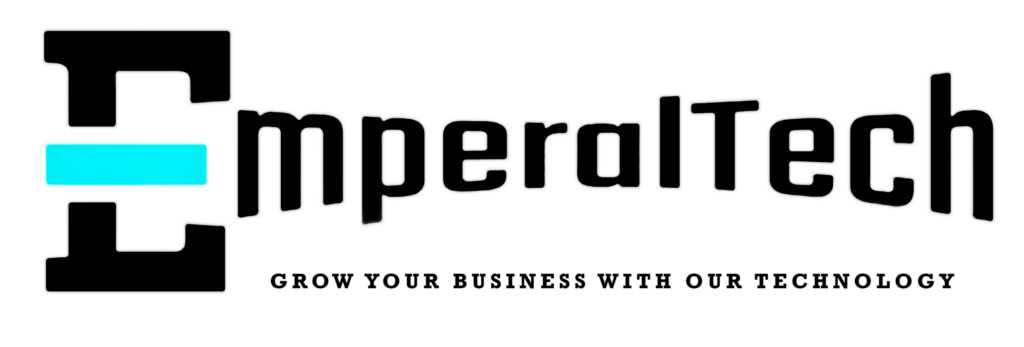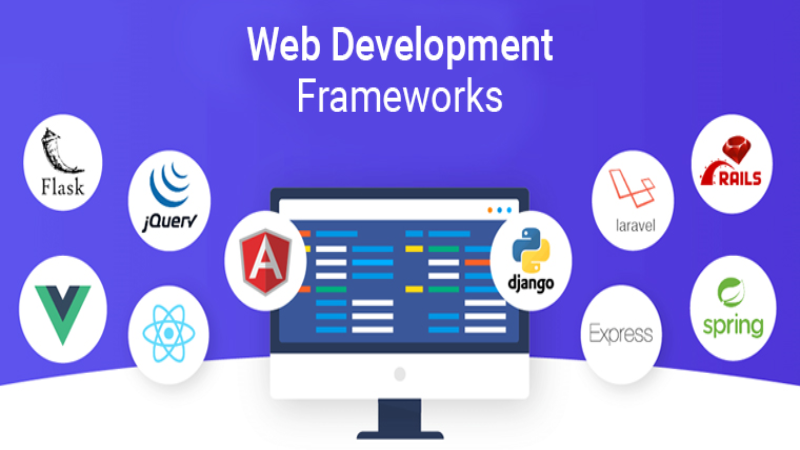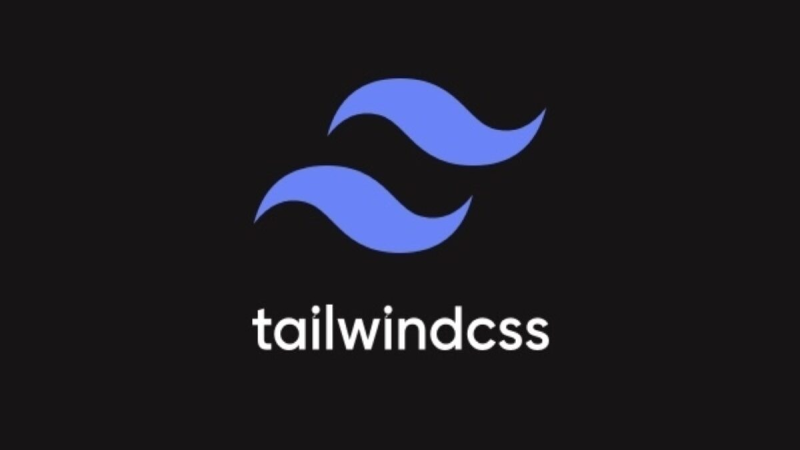If you are building a website, you might be using HTML, CSS, and JavaScript in the very initial stage of your development. In recent times, HTML, CSS, and JavaScript are not enough for building professional or production-level websites. Also, scaling the application using raw HTML, CSS, and JavaScript. Besides in backend development, you have to choose one programming language and build the full project along with the functionalities. Using raw language is too much for writing servers and more. At that time, you have to choose some frameworks for those specific purposes.
A web development framework is a collection of resources and tools that programmers use to create and maintain websites, web services, and applications in addition to application programming interfaces (APIs). Another name for web development frameworks is web application framework or just web framework.
For medium- to large-level web applications, we have to choose a couple of frameworks. There are some different frameworks for front-end development and also for the backend based on programming languages. For front-end development, we use javascript frameworks, and for back-end, we use a framework based on our programming language comfortability. Here we will talk about some frameworks for both front-end and back-end based on the widespread usage of today’s market.
Front-end Development:
1. React (JavaScript Library):
- Ideal for: Front-end development, single-page applications (SPAs), and interactive user interfaces.
- Advantages:
- Facebook developed and maintained by React framework.
- Focuses on producing UI components that are reusable.
- Quick updates and rendering are guaranteed using virtual DOM.
- Vast ecosystem (React Router, Redux, etc.).
Use if: You wish to create responsive user interfaces using reusable components and require an adaptable front-end solution.
2. Angular (JavaScript Framework):
- Ideal for: Complex front-end logic in large-scale applications.
- Advantages:
- Angular offers a thorough framework for front-end development and is maintained by Google.
- Model and view synchronization is made easier using two-way data binding.
- Has integrated testing and development tools.
- Rich ecosystem featuring HTTP services, form handling, and dependency injection.
- Use if: You’re developing a feature-rich, enterprise-level application that requires data management, routing, testing, and other functions all in one framework.
3. Vue.js (JavaScript Framework):
- Ideal for: SPAs, smaller projects with less overhead, and progressive web apps.
- Advantages:
- Vue.js is lightweight and adaptable, providing component-based architecture akin to React as well as reactivity.
- It is scalable, thus it can be included in an already-existing project.
- The learning curve is simpler than with Angular.
- Strong community support compared to React, but not as strong.
- Use if: You’re looking for a mix between versatility and ease of use, particularly for small- to medium-sized apps.
4. Svelte (JavaScript Framework):
- Ideal for: Developing front-end applications that are incredibly performant and optimized.
- Advantages:
- Svelte is faster than other frameworks since it moves the work to compile time instead of runtime.
- Minimal boilerplate code, leading to cleaner, more concise code.
- Excellent for SPAs and small-to-medium-sized apps where speed is a top priority.
- Use if: You wish to test a novel front-end development strategy and performance is a top priority.
Back-end Development:
- Express.js (Node.js Framework):
- Ideal for: Using JavaScript to create server-side apps, microservices, and RESTful APIs.
- Advantages:
- It is incredibly versatile and lightweight, offering only the necessities.
- A component of the Node.js, Angular/React, Express, MongoDB, and MEAN/MERN stack.
- Excellent for developing server-side applications quickly and asynchronously.
- A vast middleware ecosystem and strong community support.
- Use if: You’d rather work with full-stack JavaScript programming or wish to create scalable, quick APIs.
- Django (Python Framework):
- Ideal for: Full-stack development with an emphasis on online applications that are quick, scalable, and safe.
- Advantages:
- High-level Python web framework that promotes tidy design and quick development.
- Includes an admin interface right out of the box.
- Provides built-in form management, security, and database support.
- Extremely scalable and perfect for managing heavy traffic (Django is used by Pinterest and Instagram, for example).
- Use if: You like Python and want a robust, feature-rich full-stack framework.
- Laravel (PHP Framework):
- Ideal for: Complete development, particularly for modest to medium-sized enterprises.
- Advantages:
- Stylish syntax and caching, routing, and authentication tools.
- Creating dynamic pages is made easier with the Blade templating engine.
- Database management with integrated ORM (Eloquent).
- Big community, with lots of documentation.
- Use if: You’re a PHP developer looking for a framework to streamline repetitive chores and boost output.
- ASP.NET Core (C# Framework):
- Ideal for: Complex business logic applications, API development, and enterprise-level apps.
- Advantages:
- Microsoft developed ASP.NET Core, which is renowned for its scalability and performance.
- Cross-platform, meaning that programs can be used with Linux, macOS, and Windows.
- Perfect for huge, enterprise-level apps that are closely linked to Microsoft’s technology stack (Azure, for example).
- Supports other contemporary design patterns, such as dependency injection.
- Use if: You require high speed and scalability for enterprise applications, or you operate in a Microsoft-based environment.
- Ruby on Rails (Ruby Framework):
- Ideal for: Rapidly developing full-stack, database-driven apps.
- Advantages:
- Development is accelerated by its “convention over configuration” philosophy.
- Highlights the DRY (Don’t Repeat Yourself) concepts, which results in better code.
- A full-stack framework encompassing both the front end and back end.
- Robust database administration, testing, and migration tools.
- Use if: You need to quickly develop a full-stack application, particularly for startups or small projects when getting to market quickly is essential.
- Flask (Python Micro-framework):
- Ideal for: Microservices, lightweight web apps, or low-overhead projects.
- Advantages:
- Micro-framework with control and flexibility, good for basic applications.
- You may select which components to utilize, and there isn’t any complex default tooling.
- Simple to understand and expand.
Use if: You want more control over components or you prefer Python but don’t require all the functionality of Django.
Considerations
- Project Size and Complexity: Vue.js or Flask is a good fit for smaller projects, but frameworks like Angular, Django, or ASP.NET Core may be more advantageous for larger apps with sophisticated logic.
- Team Experience and Language Preference: Select a framework that corresponds with the level of experience on your team. Django or Flask, for example, would be a better option if your staff is proficient in Python. React or Vue.js would work better for teams that use a lot of JavaScript.
- Scalability: Take into account if the framework will remain flexible as your application expands. Express.js, Django, and ASP.NET Core are all very scalable.
- Development Speed: It’s well known that Laravel and Ruby on Rails facilitate quick development.
- Ecosystem and Community Support: There are sizable communities for frameworks like React, Angular, and Django, which are helpful when looking for resources or assistance.
Each framework works well in some circumstances. The best option will rely on the particular requirements of your project, including developer experience, scalability, and performance. Before choosing a choice, consider your project’s demands, your team’s expertise, and the long-term objectives.



